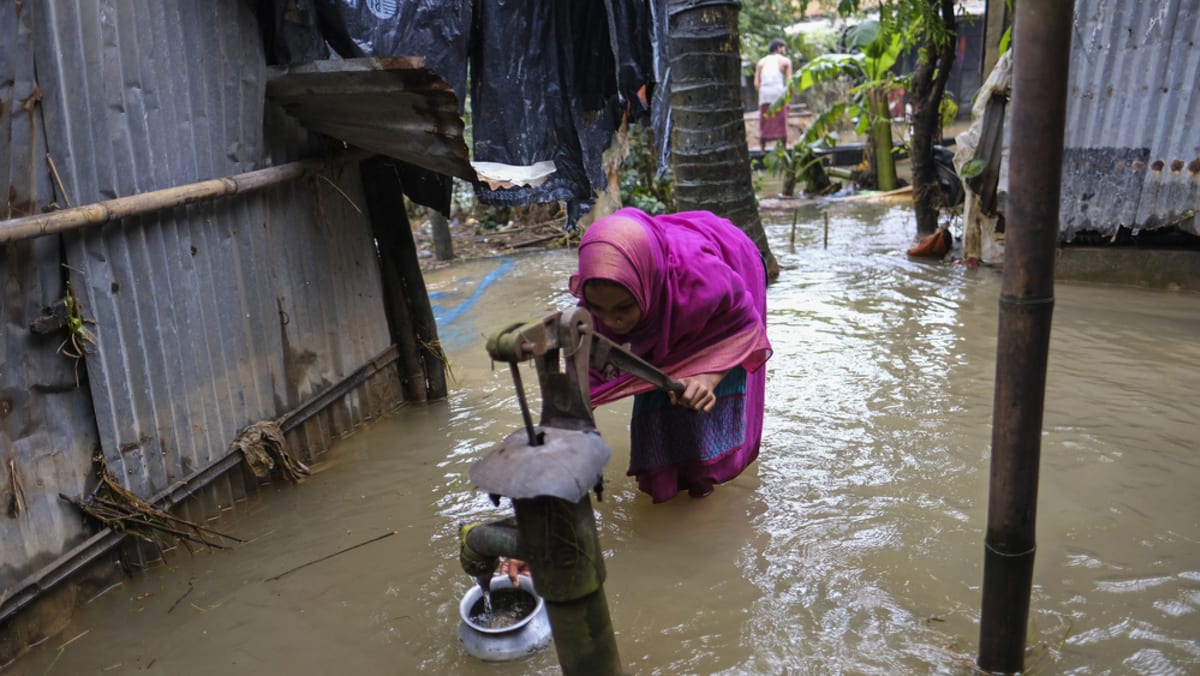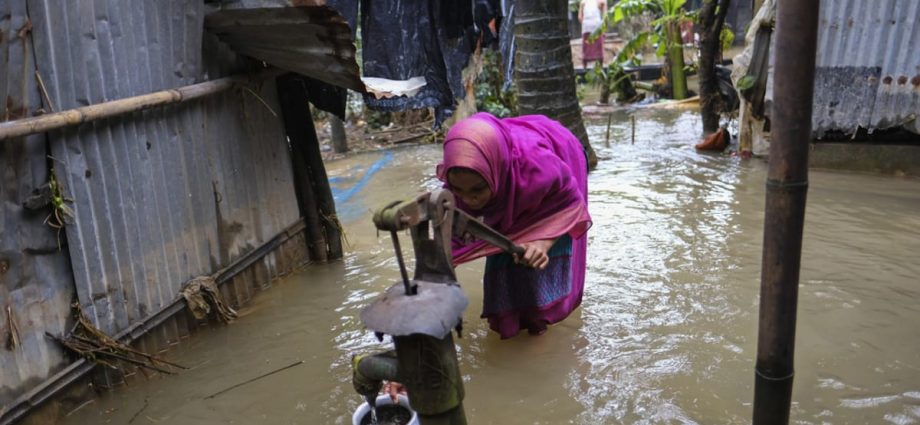
The United States, the biggest carbon emitter in history, pledged US$17.5 million and insists contributions should be on a voluntary basis.
The sums pledged so far are purely “symbolic” and just a fraction of what is actually needed to make a difference to communities already facing extreme weather and suffering intangible losses of culture and heritage, according to Dr Aditi Mukherji, director of the Climate Change Adaptation and Mitigation Impact Action Platform at CGIAR, the world’s largest global agricultural innovation network.
“One of the fears is that it does remain a symbolic fund,” she said. “Or does it rise up to the actual challenge that there is with climate justice at the heart of it?”
Scientific research has become a powerful tool for communities to be able to prove that climate change had caused certain events and to be able to quantify many of the losses suffered, she said.
But there is still a lack of it, including for Asia, hindering communities’ ability to seek redress.
Helping developing countries most impacted by climate change is more urgent than ever. A 2022 report by the Climate Vulnerable Forum found that 20 per cent of the wealth of the most vulnerable nations in the world, including the Philippines, Vietnam, Timor-Leste and Cambodia, has been eliminated because of climate change over the last two decades.
Ms Lien Vandamme, a senior campaigner at the Center for International Environment Law (CIEL), said wealthy nations had failed for years to take the appropriate actions to prevent such harm to their poorer counterparts.
She argued that the fund, as it has been designed and agreed upon so far, will not redress climate harm. In fact, she said it is far from what impacted communities have been asking for and what developed nations are obligated to do under international law.
“There are many limitations to what was agreed. I would just consider this a small step,” she said.
“As long as there’s not hundreds of billions of dollars flowing through the fund, that affected communities aren’t in the driver’s seat and that there aren’t policies in place to ensure that the funds in all respects promote and protect human rights, we cannot really call this a major success,” she said.

